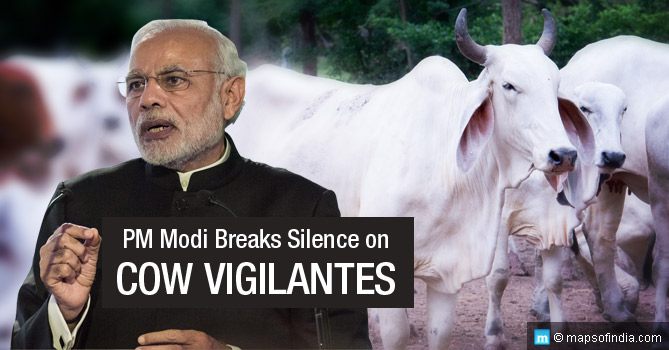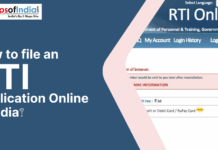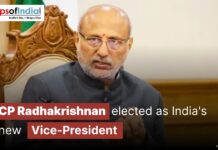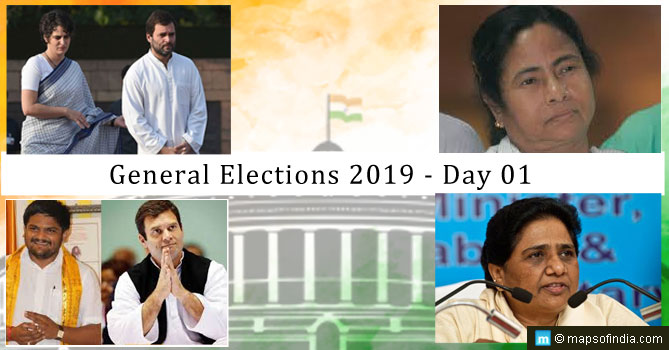India is a country with a population of over 1.25 billion. About 79.8 percent of the population is made up of Hindus; Hinduism is a religion in which the cow is deemed sacred and worthy of worship.
Even non-vegetarians, among Hindus, will typically abstain from consumption of beef and use of leather. The original sentiments of revering the cow and abstaining from consumption of its meat are admirable but these have also, sadly, given rise to the cow brigade – self-styled Gau Rakshaks or protectors of the cow. From time to time, these rakshaks have moved on from protection of bovine interests to becoming violent with those even suspected of beef consumption and slaughter of cows.
Gau Raksha and Gau Rakshaks have been playing out their notoriety for years now but it was in September 2015, with the Dadri lynching incident, that they made it to the national news. A Muslim family suspected to have consumed beef was assaulted and one member killed by a mob led by cow vigilantes.
More recently, in July 2016, cow vigilantes severely abused, stripped, flogged, and video-taped four Dalit men in Una (Gujarat) for skinning a dead cow. The incident sparked off mass protests by Dalits in the state. Incidents of violence and abuse by Gau Rakshaks in Rajasthan, Uttar Pradesh, and Haryana have been making news more often these days.
PM Hits Out At ‘Gau Rakshaks’
Prime Minister Narendra Modi’s silence on the issue of cow vigilantism became quite significant. The one question that everybody is asking: ‘The BJP’s pro-Hindu tendencies are well known, but should that translate into an attitude of leniency for gau rakshaks?’ Many people had questioned the Prime Minister’s silence on the matter. On Saturday, August 6, 2016, the PM came down heavily on self-styled “Gau Rakshaks” and dubbed them “anti-socials”.
Addressing the masses and members of the press at an event held at the Indira Gandhi Stadium Complex in New Delhi, the PM said, “I feel very angry at this Gau Raksha business. Some people indulge in antisocial activities in night and turn Gau Rakshaks during the day. They have opened ‘shops’ in name of cow protection. All states should take stern action against these people.”
PM Modi also said that more cows were dying in the country due to consumption of plastics and pollutants than due to slaughter. True Gau Raksha or cow vigilantism would be for Gau Rakshaks to urge people to not litter the roads with plastic materials. Instead, miscreants were using Gau Raksha as a guide to shield their misdeeds, he added.
PM Modi Draws Flak
Despite having come down hard on the Gau Rakshaks and their shenanigans, PM Modi has drawn quite a bit of criticism. Firstly, the timing of his admonition has been questioned. The silence of the PM and his cabinet colleagues for over a year, despite the occurrence of shameful incidents such as the Dadri lynching episode, is telling. Opponents claim that the PM broke his silence only when Dalits broke out in mass protests in his home state of Gujarat, and Dalits in the state started contemplating an en masse conversion to Islam.
A mass conversion to Islam may affect the BJP’s vote bank in states such as Punjab, Uttar Pradesh and Gujarat, which are all set to hold assembly elections next year.
Critics have called PM Modi’s outburst against the Gau Rakshaks well-timed theatrics, coming closely at the heels of an editorial in the New York Times, which slammed the “lawless cow vigilantism” rampant in the country during the BJP administration. The post in America’s leading daily specifically pointed to the PM’s silence over the issue. The BJP has faced a number of allegations of supporting, and perhaps even encouraging, organizations such as the VHP, the RSS, and the Bajrang Dal in their anti-Muslim activities over the past decades.
States Initiate Compliance
Despite the criticism, PM Modi’s statement has had a profound impact on the states and their police departments. The Punjab police registered a case against Satish Kumar, the head of the Gau Raksha Dal in the state. Kumar and two others from the group were allegedly trying to beat up and humiliate truck drivers who were transporting cows.
The Gau Raksha Dal in the state has been causing much trouble over the years. Their activities have led to the shutdown of some 30 to 40 soap factories in the state, for the use of bovine fat in the soaps. Soap and dairy industries in the state are key revenue earners and have repeatedly registered complaints that the Gau Raksha Gang has been disturbing the smooth functioning of these industries for years now.
The support of these industrialists and the workers in the state will be important for the BJP-Akali Dal alliance in the upcoming assembly elections.
Healing Will Take Time
The cow protection movement in India is a very old one. Even as far back as 1887, the Bharat Dharma Mahamandal came together in Haridwar to discuss protection of bovine interests. Soon, a number of groups and movements such as the Gaurakshini Sabha of Nagpur became very actively involved in cow protection.
Indian politics, too, has been heavily influenced by cow protection sentiments. The Bharatiya Jana Sangh (BJS), the right-wing Hindu political party that operated between 1951 and 1977 owes much of its success to its cow protection activities of the 1960s. The BJS was the parent party of the Janata Dal and also the BJP.
With such deep rooted sentiments attached to cow protection, the growth of vigilantism is not a surprise. But for the violence, abuse, and hurt of Gau Rakshaks to be curbed, a deep understanding and social reform is necessary. The PM has expressed admirable sentiments in his recent speech and its implementation rests with the police and the masses themselves.






